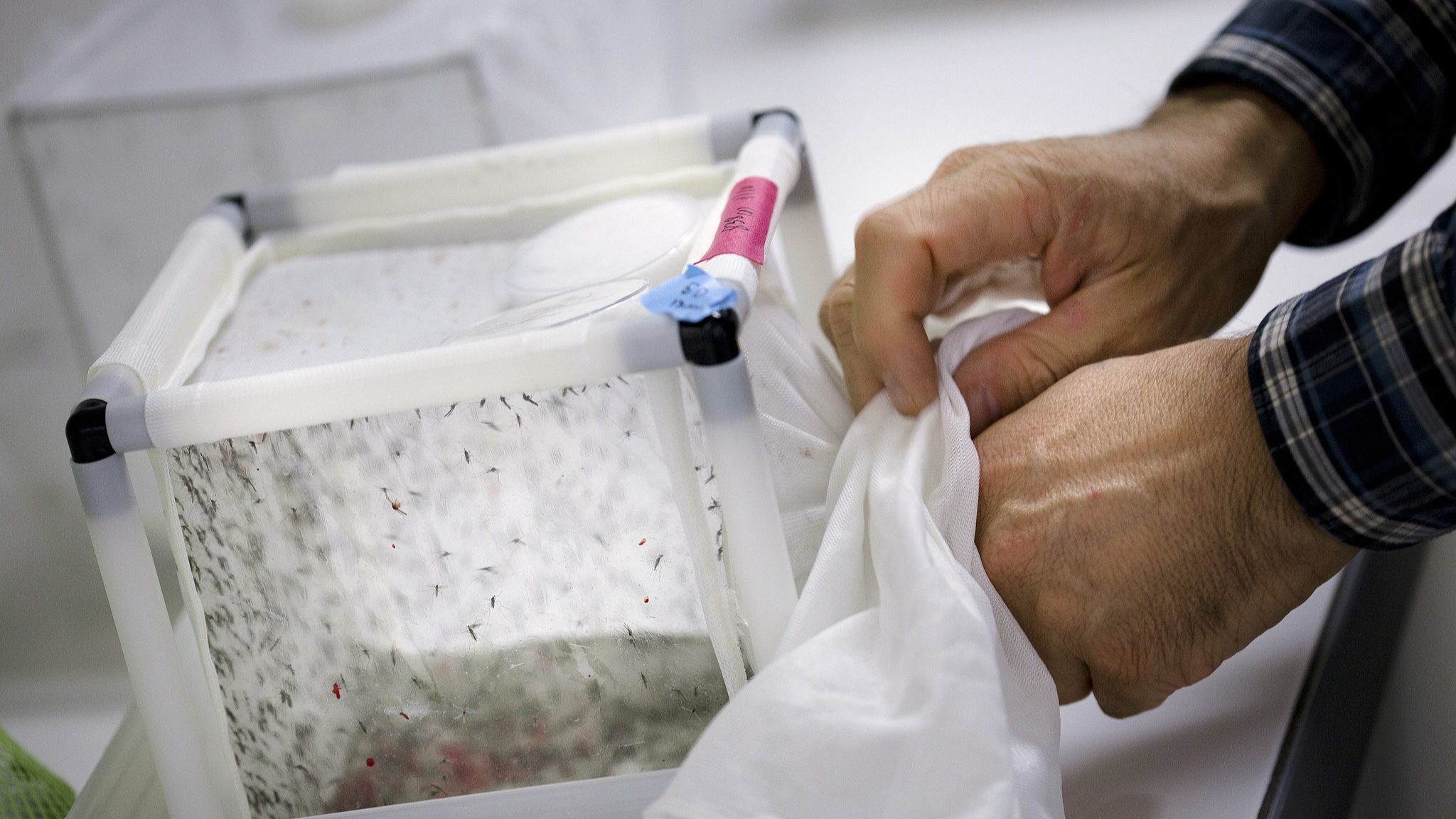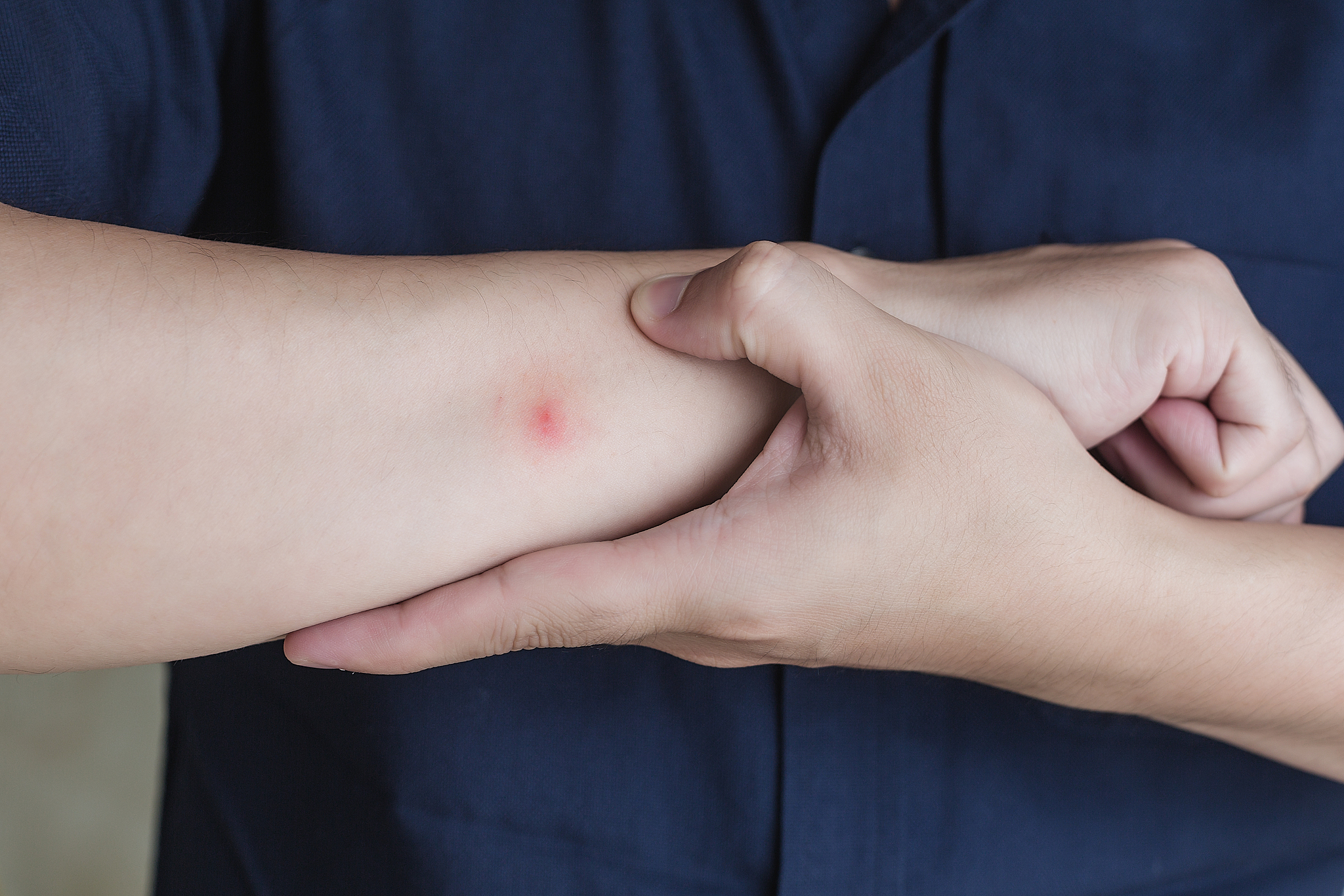Australia's national science agency has announced a new venture aimed at fighting disease-spreading mosquitoes.
Launched on Tuesday, Oxitec Australia, a collaboration between the Commonwealth Scientific and Industrial Research Organization (CSIRO) and UK biotechnology company Oxitec, will release genetically engineered male mosquitoes carrying a gene capable of reducing pest female numbers.
The joint venture will target two of the deadliest species of virus-carrying mosquitoes in the Pacific, the Aedes aegypti and the Aedes albopictus, to prevent the spread of dengue fever, Zika virus and yellow fever.

Australia's national science agency has announced a new venture targeting two species of mosquitoes to prevent dengue fever, Zika virus and yellow fever. /CFP
Brett Sutton, director of Health and Biosecurity at the CSIRO, described the new venture as an opportunity to combat the growing threat of invasive and exotic pests.
"Factors like climate change and growing pesticide resistance will only bring greater challenges to the health of Australians and our region via vector-borne diseases," he said.
"This technology platform could also be used to develop solutions for a wide spectrum of pests that threaten livestock and crops and our food systems," he said.

Dengue is the most prevalent viral infection transmitted by Aedes mosquitoes, with an estimated 40,000 deaths annually. /CFP
According to the World Health Organization, vector-borne diseases account for more than 17 percent of all infectious diseases and cause over 700,000 deaths globally every year.
Dengue is the most prevalent viral infection transmitted by Aedes mosquitoes, with an estimated 40,000 deaths annually.
Oxitec's self-limiting Aedes aegypti mosquitoes are genetically edited to carry a lab-designed gene. When the released males breed with wild females, the gene overloads the offspring with a protein called tTAV.
The protein kills biting females but leaves males to continue to pass it on.
Oxitec Australia is also working to develop a solution to the Asian tiger mosquito, Aedes albopictus, to help prevent a major invasion risk to mainland Australia.
The highly invasive and aggressive mosquito is already found in the Torres Strait Islands off Australia's north coast, where it spreads dengue, Zika and chikungunya virus.








 User Center
User Center My Training Class
My Training Class Feedback
Feedback












Comments
Something to say?
Login or Sign up for free